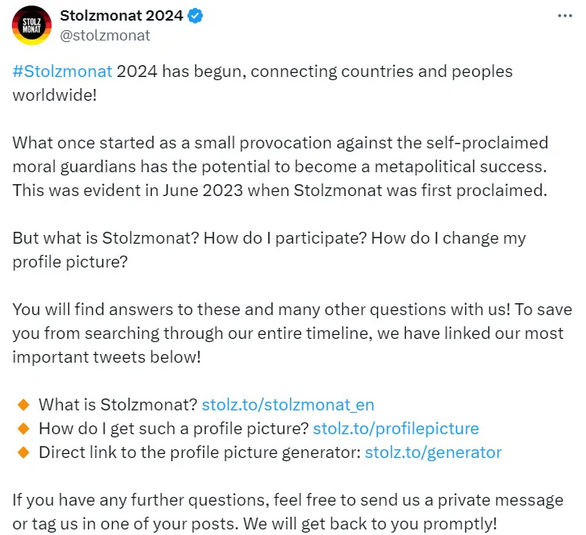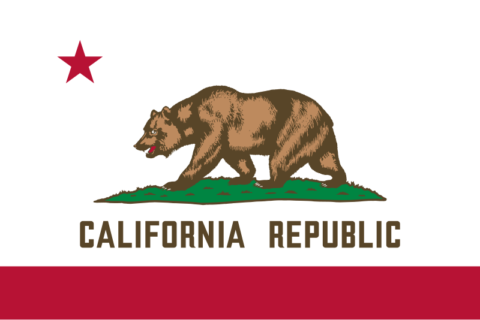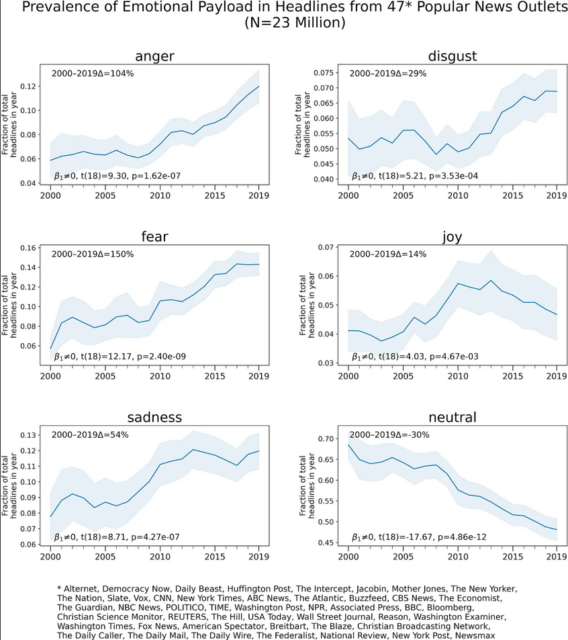Nearly a week ago, I posted an excerpt from John Carter’s essay at Postcards From Barsoom called “Right Wing Cancel Squads“. As sometimes happens, this particular essay caught the attention of a lot of folks online and triggered much discussion pro and con. John did his best to summarize and respond here, and (as I post links to Scott Alexander’s Astral Codex Ten now and again), I thought John’s response to Scott’s criticism was worth highlighting:
Somehow, Scott Alexander took interest in my essay, and addressed it at length. I’m not deeply familiar with Alexander, aside from a vague awareness that he’s a big deal in the rationalist community, to say nothing of being a much bigger deal than I am, and that he’s dealt with lying journalists and hysterical wokoids enough himself to have a healthy distaste for them. Alexander is characteristically calm and thorough, starting with a selection of screenshotted posts on Notes from various writers and commenters who take the pro-fight-the-enemy side, before presenting an extensive set of excerpts from my own essay.
Scott sidesteps the ethical question, to focus instead on the practical considerations, on the grounds of which he comes down (as expected, given his ideological niche) on the don’t-cancel side. He enumerates a series of objections, which can be approximately summarized as1:
1) cancellation will not, in fact, teach anyone anything – after all, just look at how eager the right is to cancel;
2) this has been going on forever, e.g. the Red Scare, so one more whirl ‘bout the merry-go-round isn’t likely to stop the wheel a turnin’;
3) If you act like the woke, you are the woke;
4) Most cancellations have been of liberals, by liberals, so if the right starts doing this it is likely to turn on itself;
5) cancellation destroys competence, because avoiding cancellation takes on a higher salience to people than doing their damn jobs;
6) embracing cancel culture has ruined the left’s name, which is why it is struggling despite holding all of the institutional power;
7) going mad with power before you actually have power is probably stupid;
And finally
8) there are better options.
The better options Alexander describes are mostly at the policy and tech level, such as better moderation tools that take the personal politics of platform moderators out of the equation, or dismantling those aspects of the regulatory state, such as the sillier and more self-contradictory elements of Civil Rights law, which nourish cancel culture in the first place. Alexander’s policy proposals are all great, and I completely agree that the most effective long-term solution is to tear the legal basis of cancel culture up by the roots, set those roots on fire, and salt the earth in which they were planted.
Regarding power, and the simple fact that the right does not have it in any formal sense, Charles Haywood and Bennett’s Phylactery made the same very cogent point. I don’t think any sane person could disagree.
I’m not convinced by some of Alexander’s other points. For instance, the right is an extremely contentious place, with the modal rightist being pretty low in agreeableness, which probably makes it hard for circular firing squads to be terribly effective. That isn’t to say that rightists don’t have strong beliefs – there are fanatics all over the place – but those beliefs are so contradictory between the various factions that the ideology of the right is infamously difficult to describe. Just look at the perennial holy war between Christians and pagans/Nietzscheans/vitalists.
As to the Red Scare, it’s probably worth pointing out that McCarthy was actually right: there really were communists trying to infiltrate the Western social order; tragically for us, the communists succeeded, which is a large part of the reason why we are where we are now.
As to the unpopularity of the left, I do not think this is only because of their po-faced censoriousness, although there is no question that that contributes. It probably also has something to do with their vicious racial and sexual hatred, their contemptuous hostility towards Western civilization, and their propensity to emotionally abuse children to the point that those children demand that they be allowed to mutilate their genitalia, amongst a great number of other horrors.
Finally, as to Alexander’s first point, that cancellation does not teach anyone anything. Au contraire. Look around at how society has changed in just the last decade. Sure, if you’re an autistic rationalist, a contrarian ideologue, or a Bohemian free spirit, cancel culture has only made you hate the left more. But this is a fairly small fraction of the population. What about the normies? In a remarkably short period of time, they went from opposing gay marriage, to supporting it. Why? Because examples were made of a few people who opposed it, and the rest got into line. Most people are basically NPCs: they don’t follow a praxis emerging from carefully thought out philosophical systems, but simply go along with whatever they perceive the prevailing morality to be. They are not rational, nor are they principled. They simply respond to incentives, which is to say, to rewards and to punishments. Put a few heads on pikes to demarcate new social boundaries, and the normies will in general respect them.2
There are limits to the ability to enact social change via incentive structure manipulation, because if the social boundaries you establish don’t map to the eternal verities of human nature, the resulting social order will generate a lot of friction and consequently destabilize … as our society observably is. However, the social boundaries the right intends to enforce do, in fact, map to human nature. The left has been figuratively beheading the people who object to the surgical genital mutilation and chemical sterilization of children; the right intends to metaphorically behead the people who have been advocating and carrying out that child abuse in the first place. There’s a profound moral asymmetry there, but I think there’s also a practical asymmetry, because the right isn’t demanding that everyone publicly agree sadomasochistic psychosis is healthy.
1. I skipped one in the middle because it looked redundant.
2. [NR] Sarah Hoyt is one of the folks most likely to describe herself as being on Team Heads-On-Pikes, and I suspect she has a non-trivial following who share in that inclination.






















